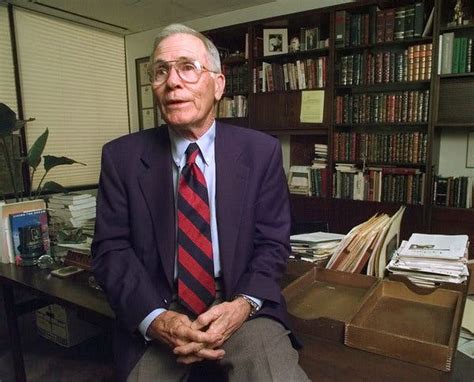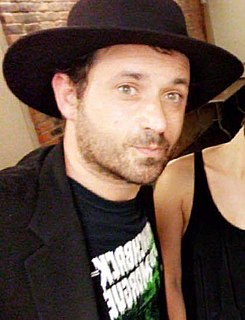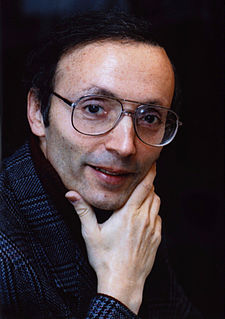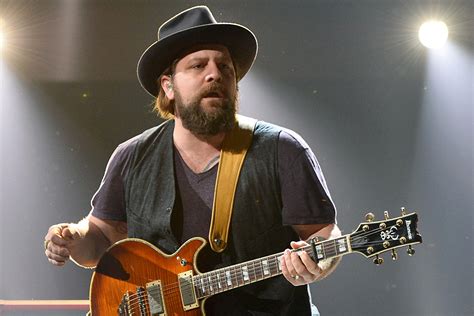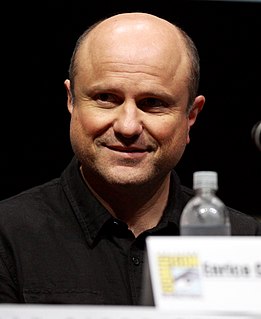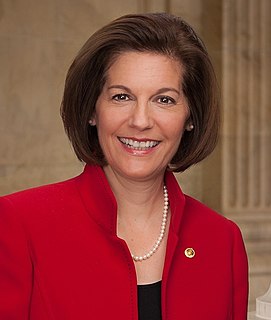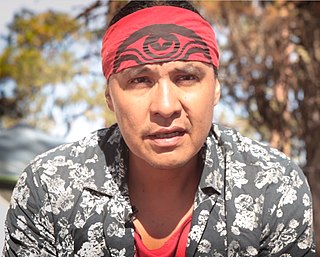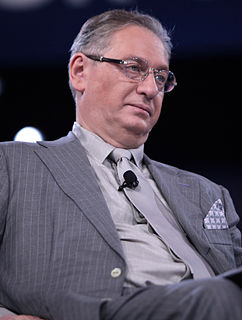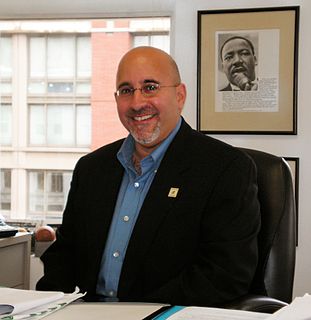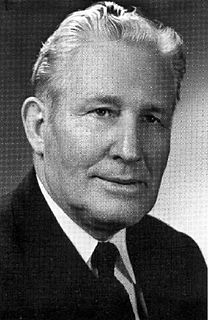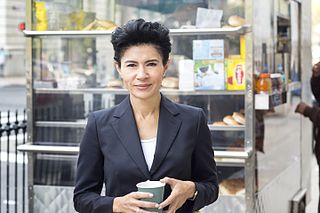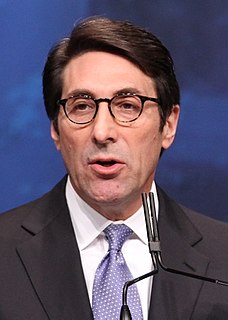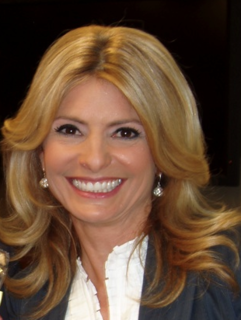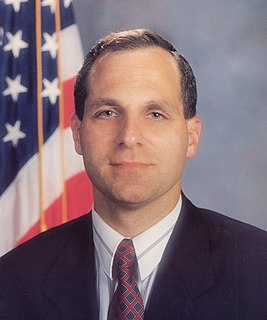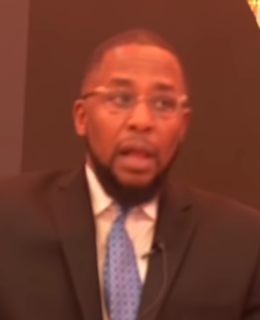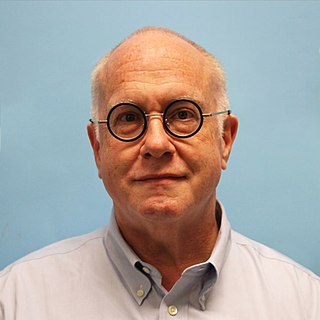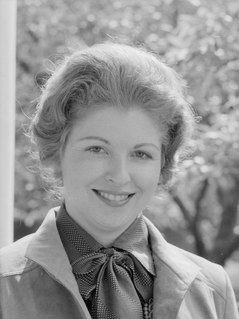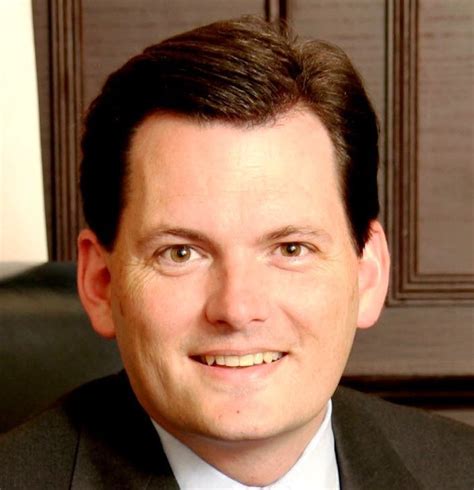A Quote by Richard Haynes
Read the classics one hour every day, drunk or sober. Reading the classics gives one a feeling of confidence. It familiarizes one with the vagaries of life. It shows one that there are really no new plots.
Related Quotes
I like to read first thing in the morning. I'm addicted to the Kindle. I read a lot of business books, because I feel like I should figure out how to be a real businessman before someone figures out that I'm not one. I really enjoy reading classics as well, which I try to work in once every two months.
Men sometimes speak as if the study of the classics would at length make way for more modern and practical studies; but the adventurous student will always study classics, in whatever language they may be written and however ancient they may be. For what are the classics but the noblest recorded thoughts of man?... We might as well omit to study Nature because she is old.
After college, I went on a real big classics kick. Read everything by Faulkner, Hemingway, Woolf, Proust, Dostoevsky. And that classics train dropped me off at 'Dracula.' Halfway through it, I understood I'd never be going back, never 'leaving' the genre again. Since then, I've been on a fairly strict horror diet.
